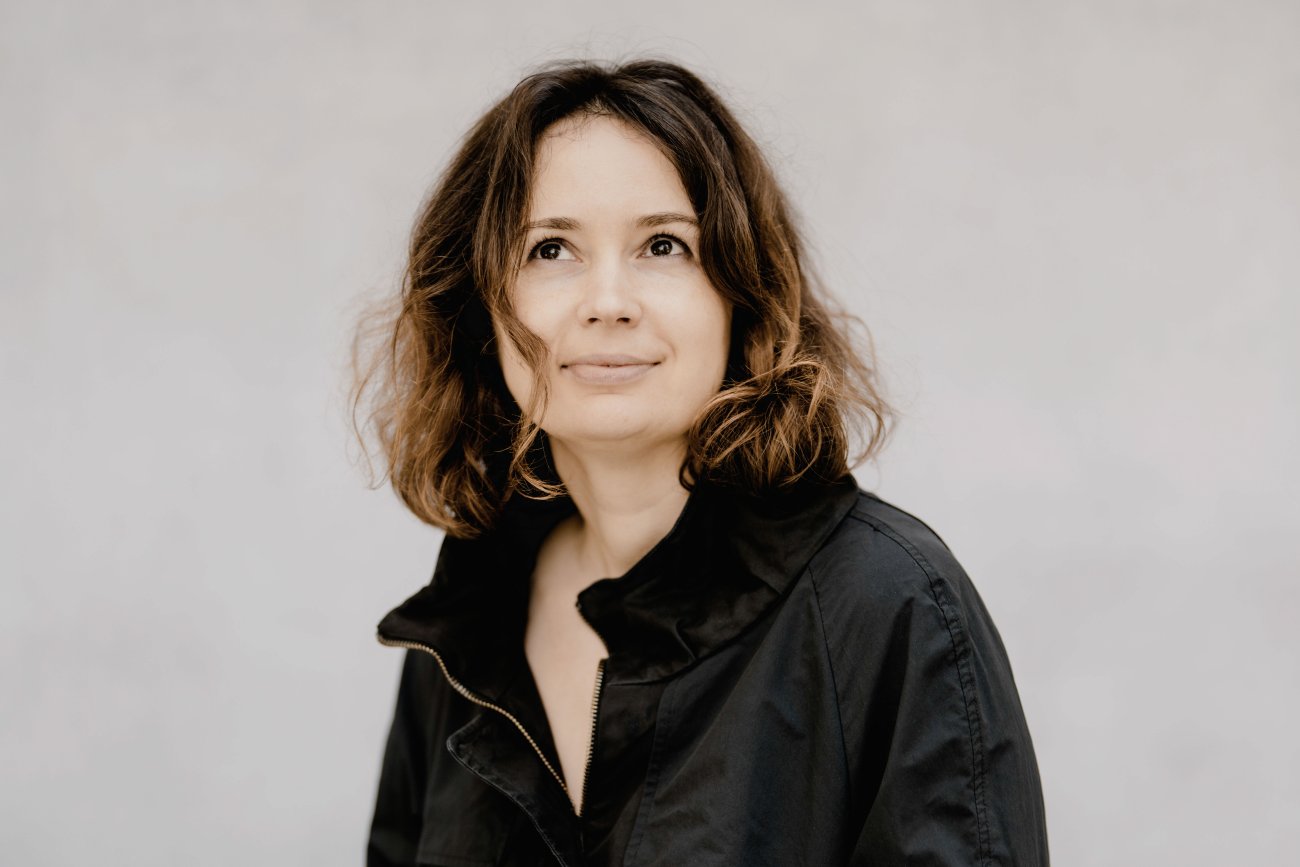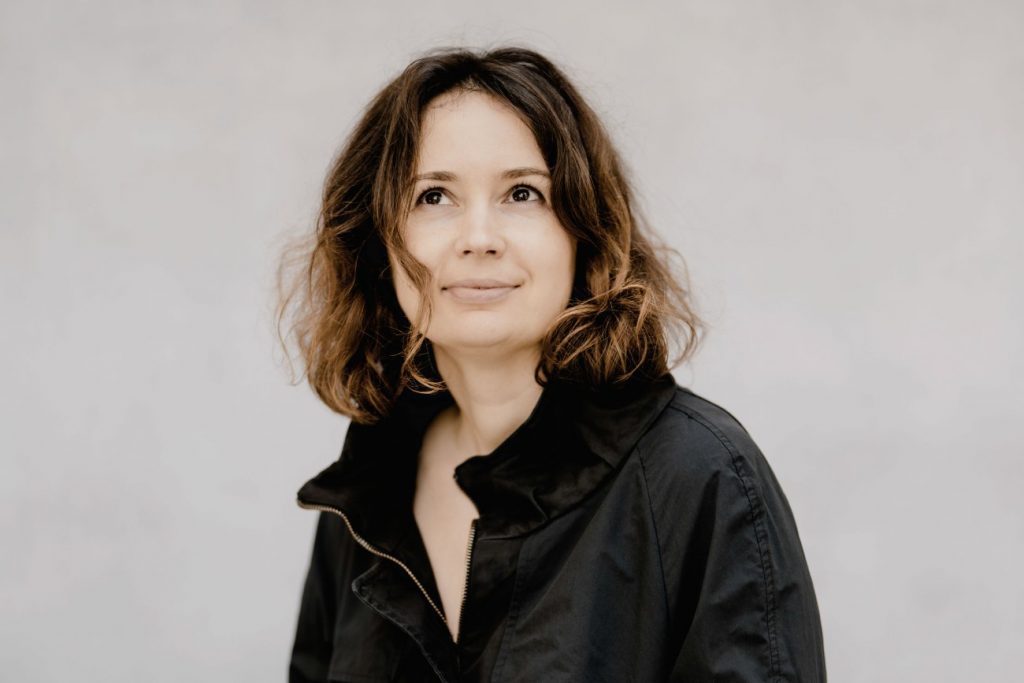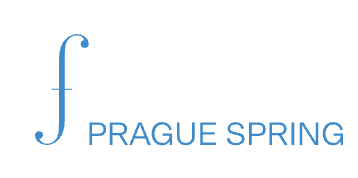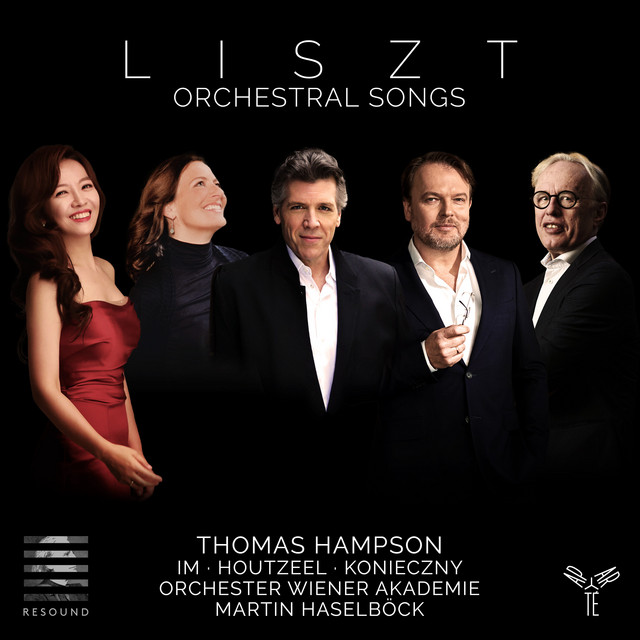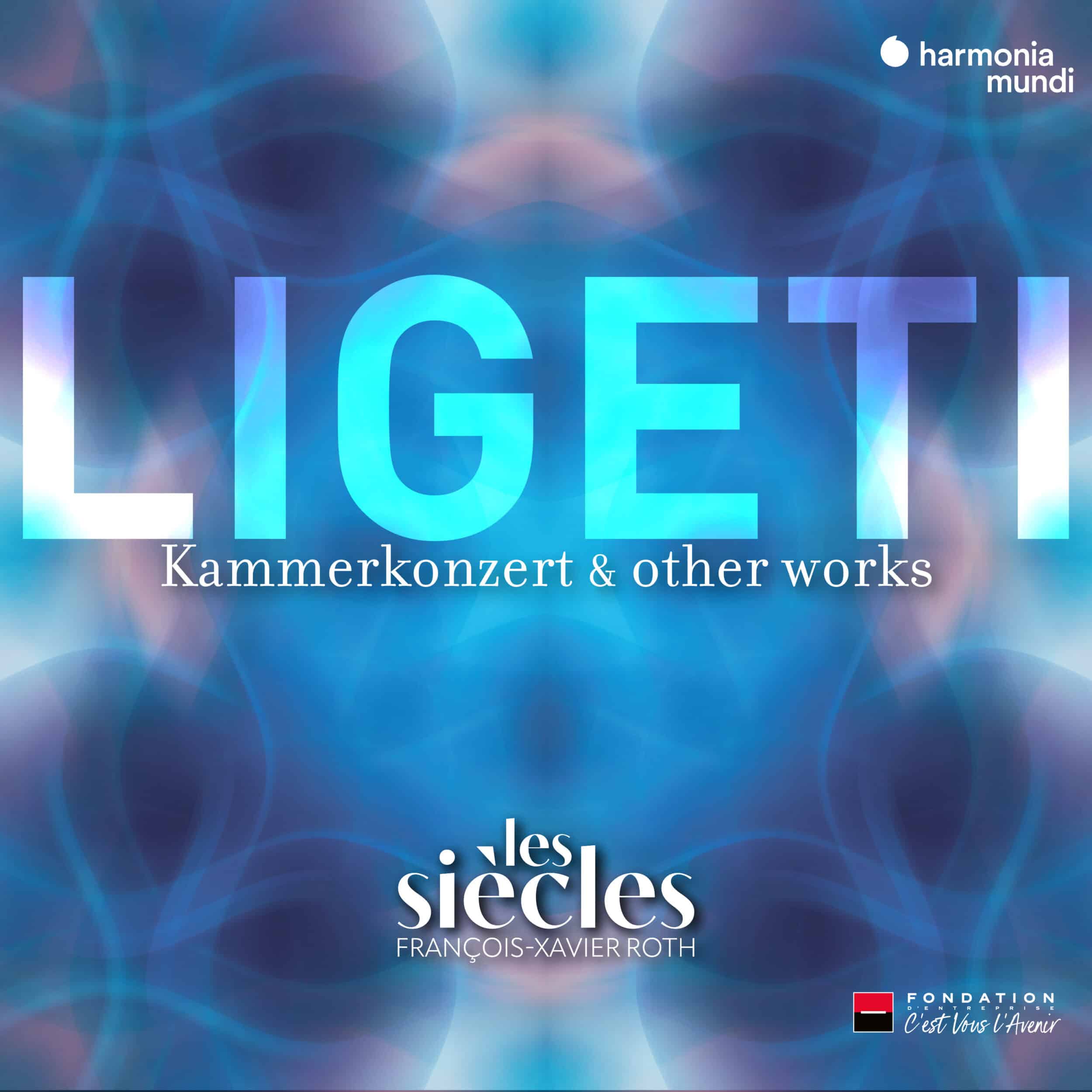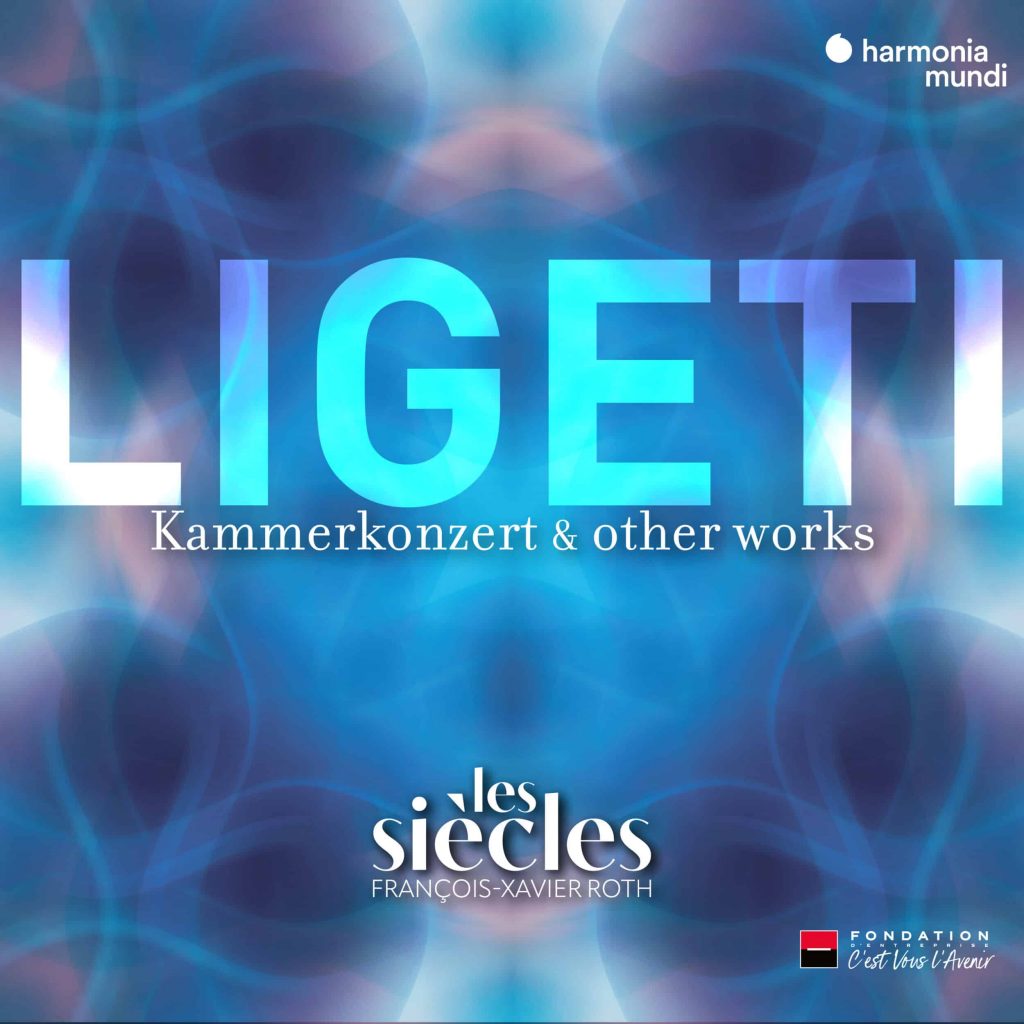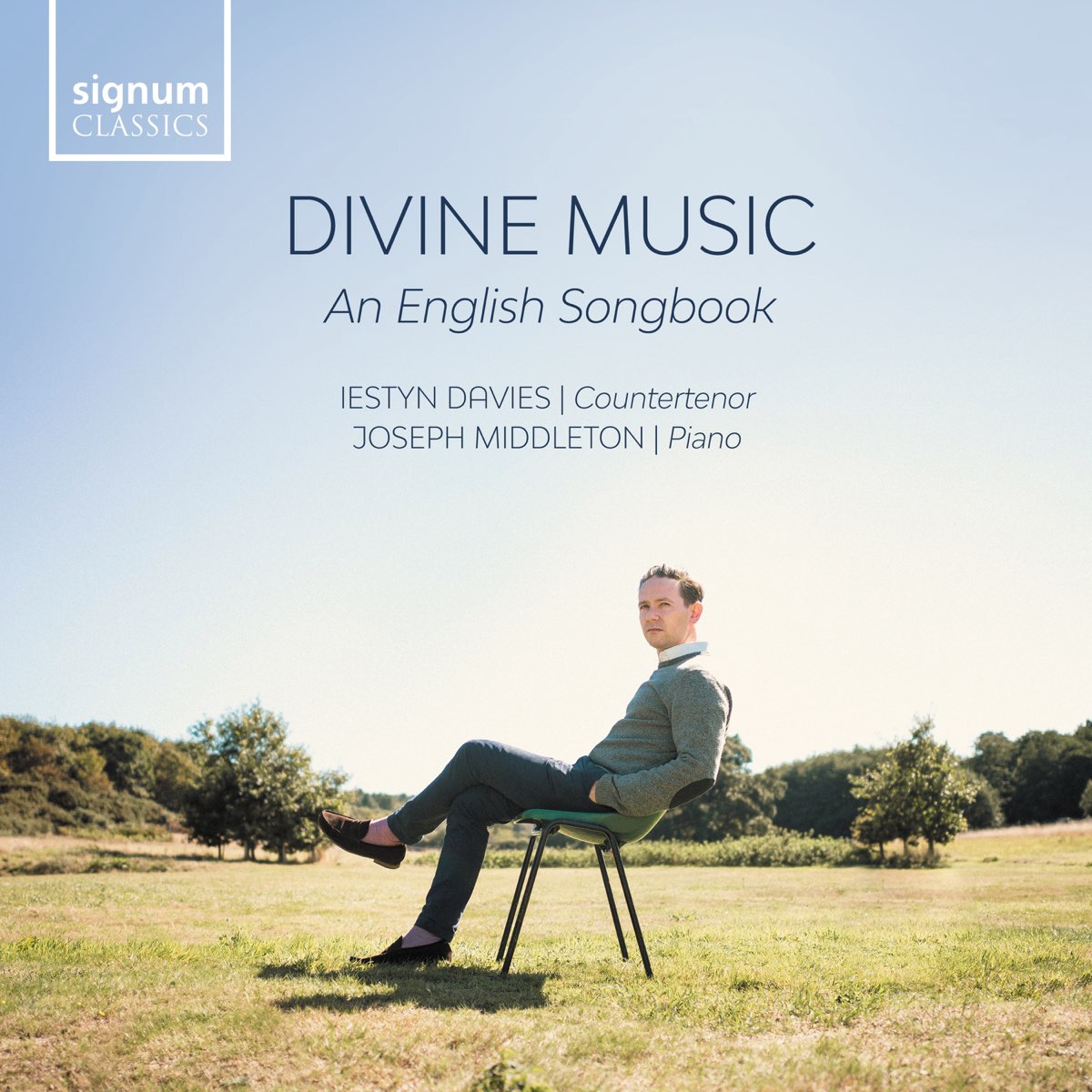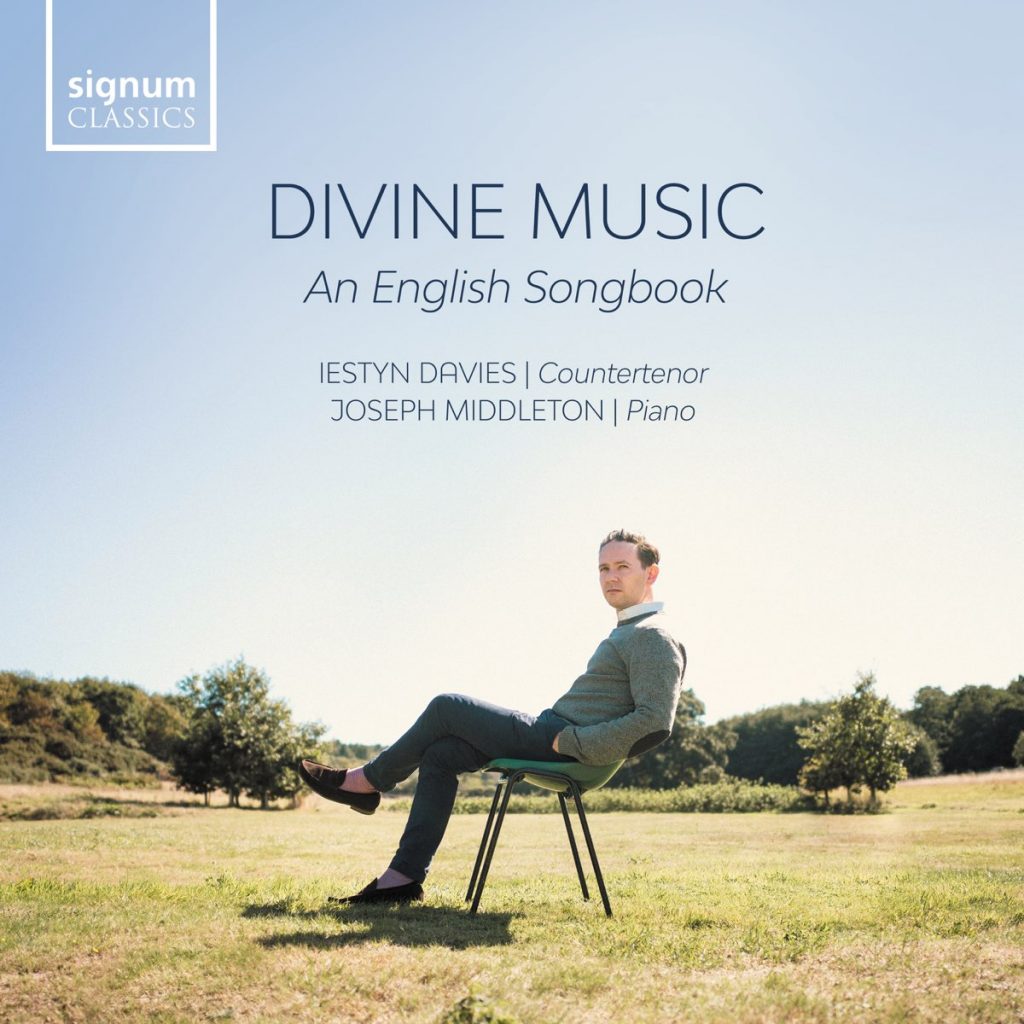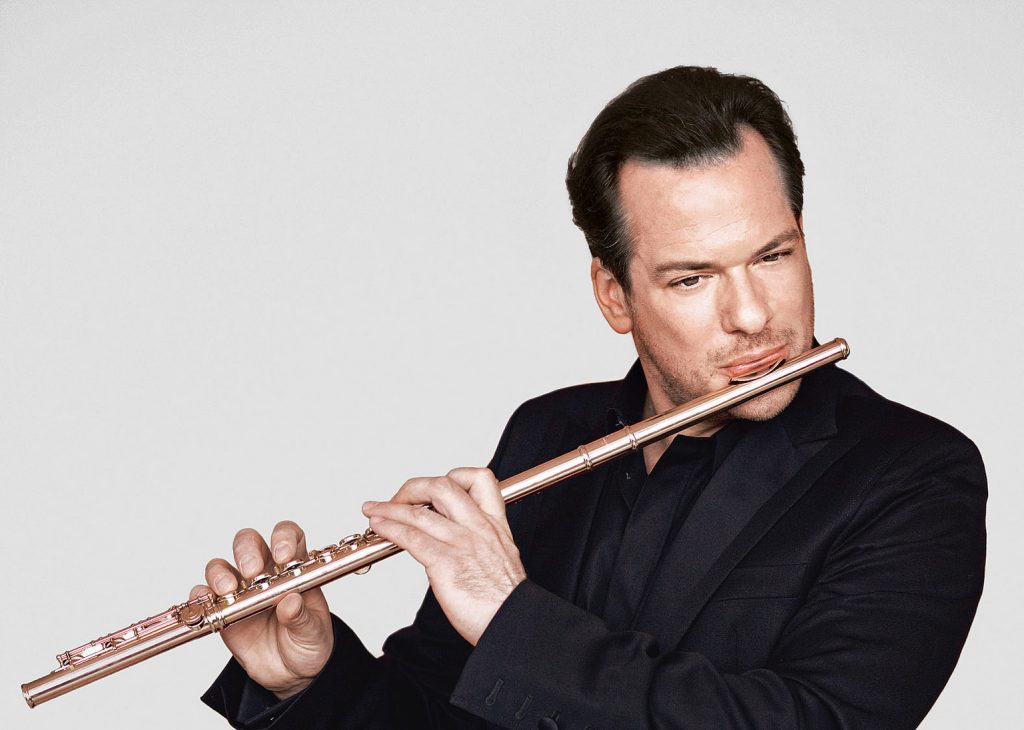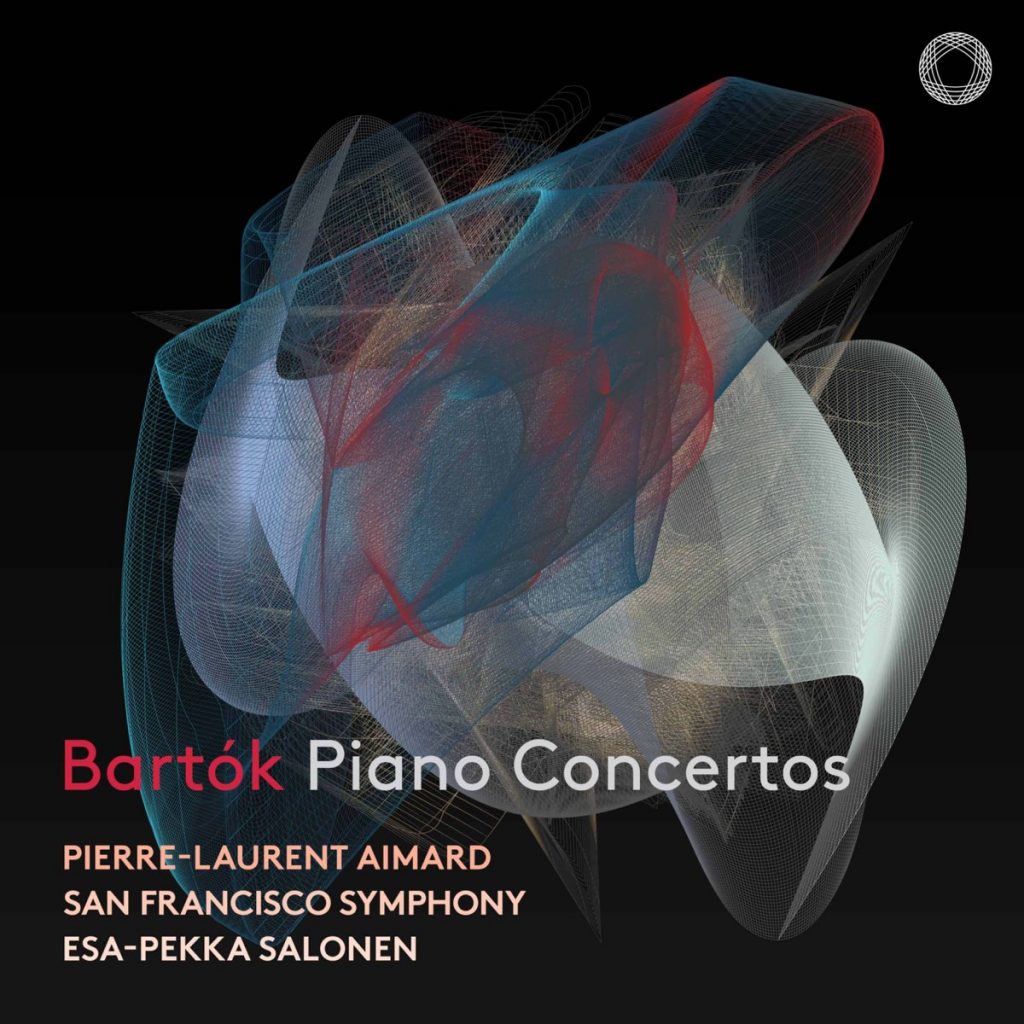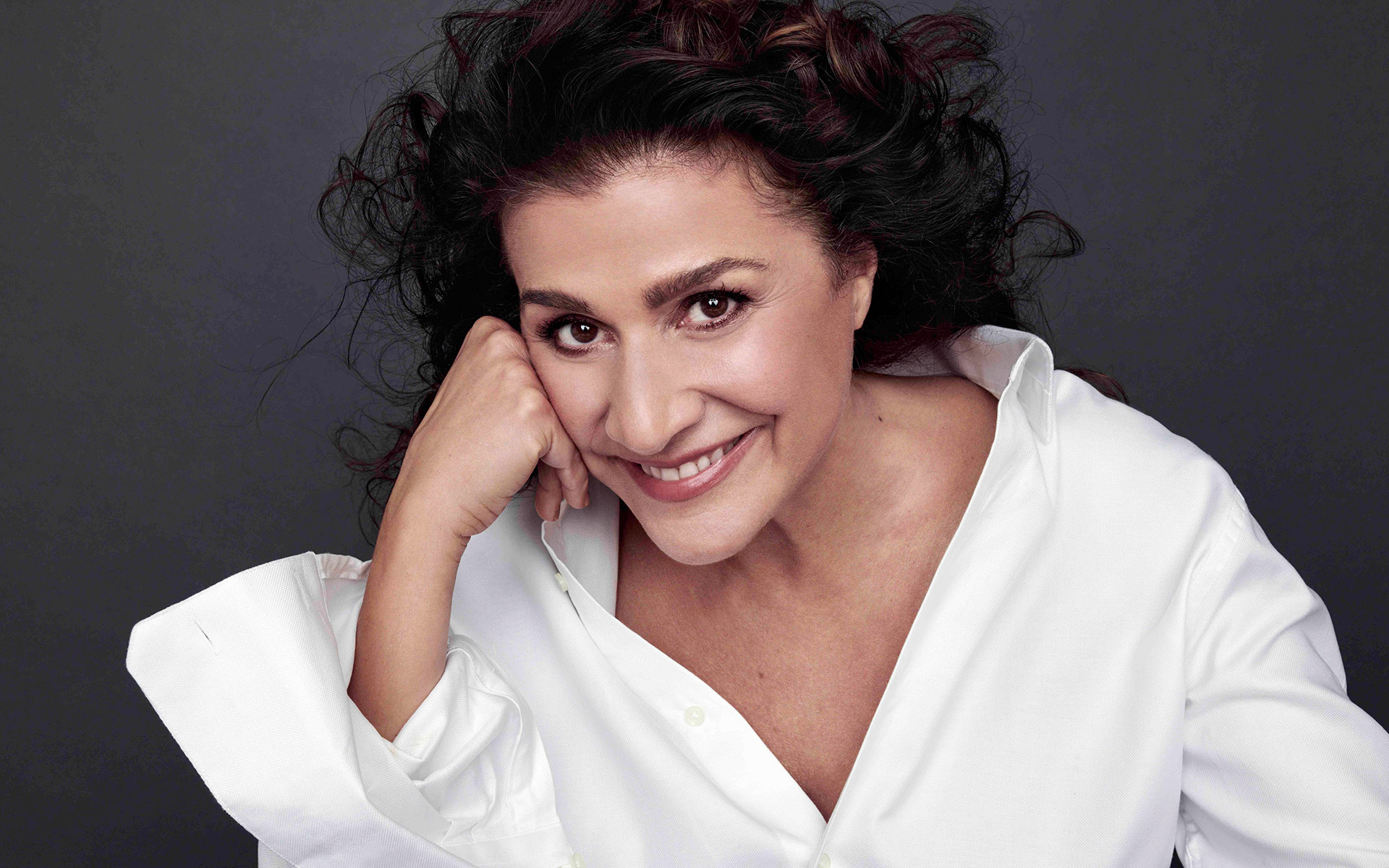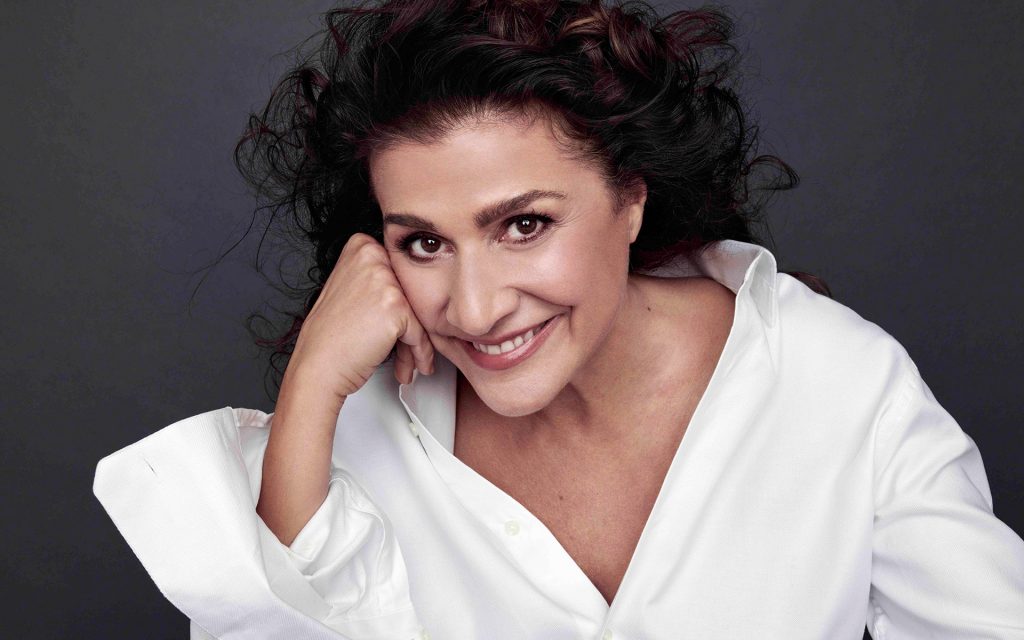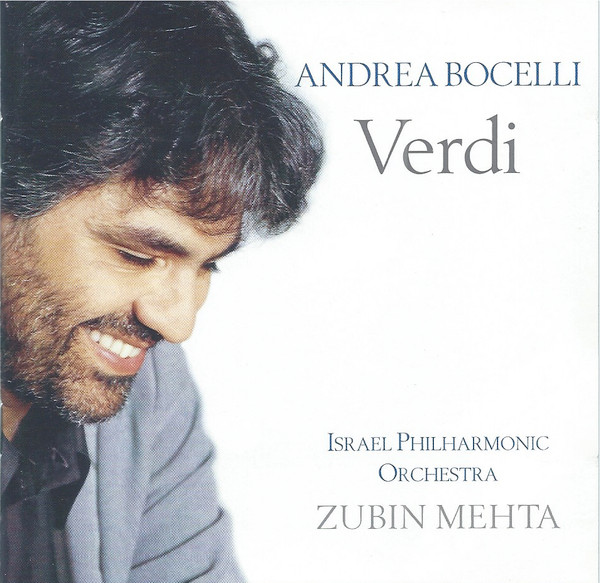MYTHES – JAMES EHNES & ANDREW ARMSTRONG
A Showcase of Virtuosity and Variety
Barbara Clark , February 2023
“Mythes,” a violin and piano album featuring James Ehnes and Andrew Armstrong, is a compilation of recordings from 2015 and 2016. Despite its slightly unusual release format, the album showcases the virtuosity of James Ehnes and his exceptional prowess on the violin. The album’s repertoire spans a diverse selection of compositions, and while some may consider it a collection of musical odds and ends, Ehnes’ flawless performances make it a captivating listening experience.
The album’s centerpiece is Karol Szymanowski’s “Mythes,” a set of three tone poems inspired by Greek mythology. Ehnes’ rendition of this work is particularly noteworthy, as he navigates the intricate technical challenges with remarkable skill. Szymanowski’s music, though imbued with Impressionist elements, possesses a unique character that distinguishes it from mere imitation. With each movement depicting a different Greek myth, Ehnes captures the emotional depth and vivid imagery of the composer’s intentions.
Ehnes’ violin mastery shines throughout the album, and his interpretation of the various pieces demonstrates his unwavering commitment to musical excellence. The third movement of “Mythes” stands out, featuring quarter tones that demand a high level of precision, which Ehnes executes with his characteristic finesse.
The album takes a somewhat unexpected turn with its extensive list of encores. Ranging from Tchaikovsky to contemporary compositions like James Newton Howard’s piece, these encores showcase Ehnes’ versatility and ability to seamlessly navigate a wide range of musical styles. Notably, Ehnes’ rendition of “Flight of the Bumblebee” exhibits his technical brilliance and precision.
Among the encores is the charming “Sicilienne,” once attributed to Maria Theresia von Paradis, and famously performed at the wedding of Prince Harry and Meghan Markle. This inclusion adds a touch of historical significance and whimsy to the album.
While “Mythes” may not be considered an essential album in terms of groundbreaking repertoire, its value lies in its ability to showcase James Ehnes’ exceptional talent and artistry. Ehnes fans will undoubtedly appreciate his consistently strong performances and the opportunity to hear him tackle a diverse array of musical selections.
“Mythes” offers listeners a glimpse into the virtuosic world of James Ehnes, accompanied by Andrew Armstrong’s skilled piano accompaniment. The album’s mix of Szymanowski’s “Mythes” and a varied assortment of encores creates a musical journey that may feel like a curated assortment, but one that highlights Ehnes’ undeniable brilliance as a violinist.


